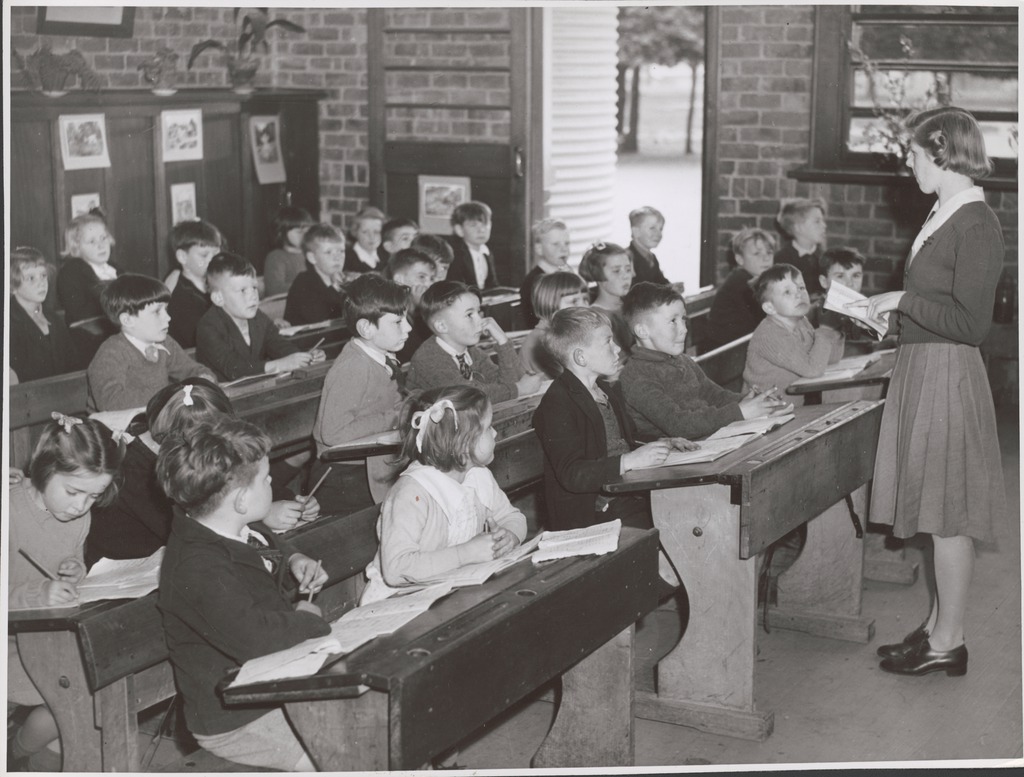
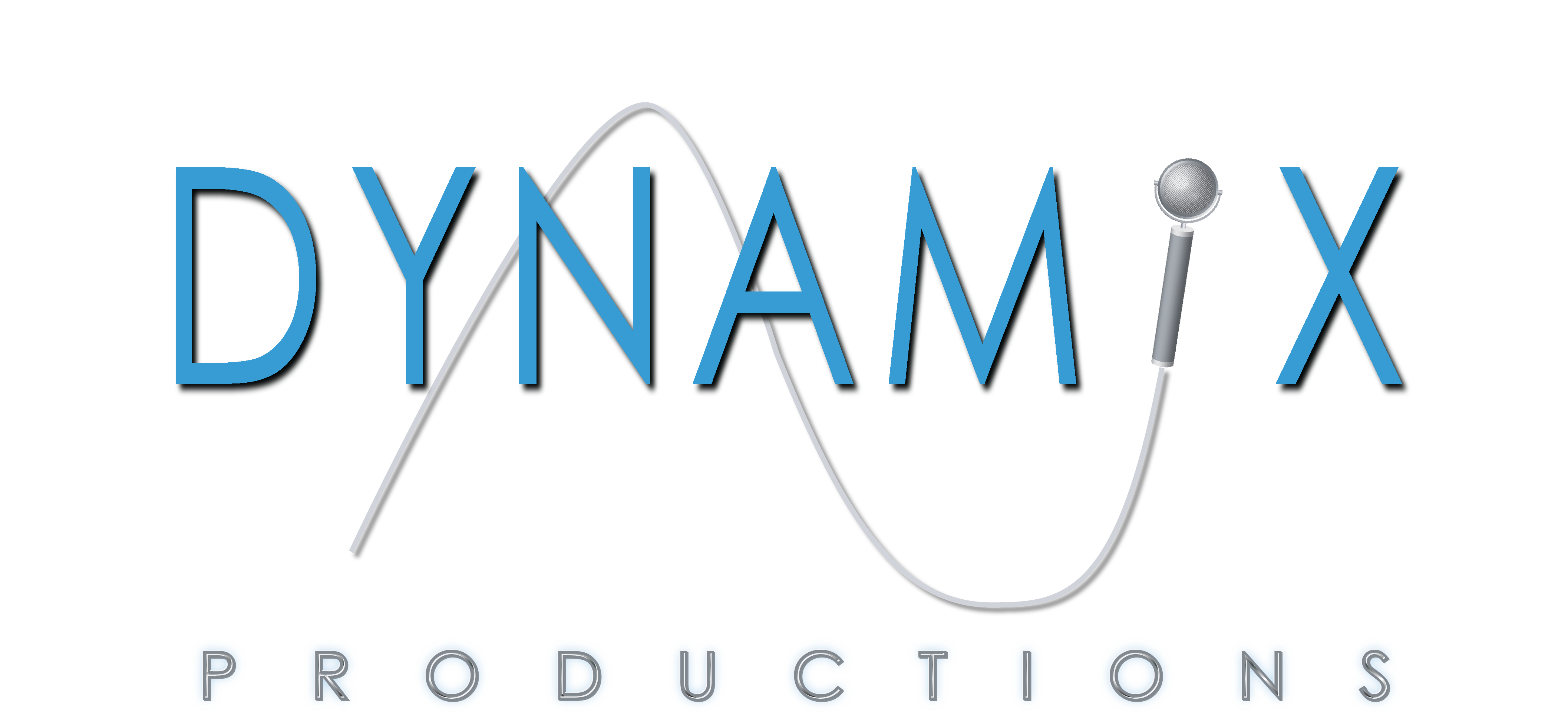
- © 2003 - 2025 Dynamix Productions, Inc. Contact Us 0


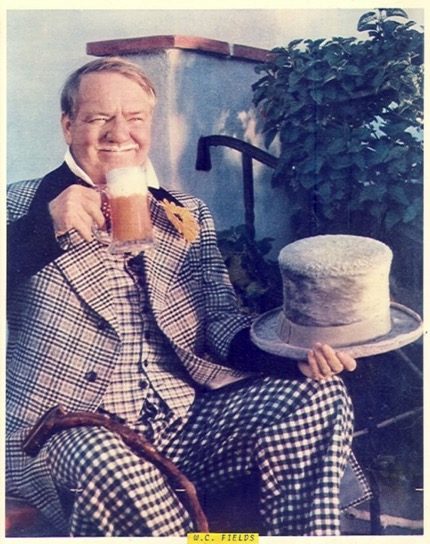
"Once, during Prohibition, I was forced to live for days on nothing but food and water."
W. C. Fields
100 years ago, a restrictive law popularized a new American art form. PLUS, find out what's been going on in the studios of Dynamix Productions.

"I got rhythm, I got music, I got my man
who could ask for anything more?"
George and Ira Gershwin
Do animals have rhythm?
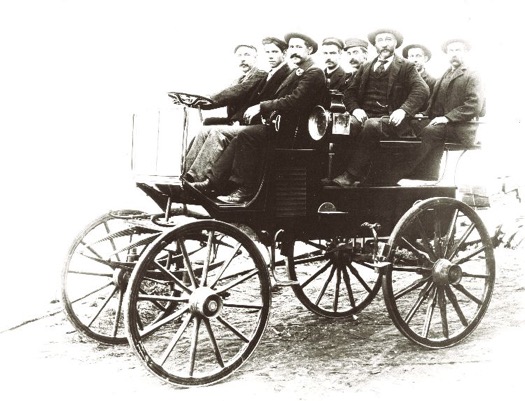
"These fellows blow their horns just to see the people jump, I believe."
Chicago Mayor Carter Harrison, 1902
At the turn of last century, the automobile was poised to overtake the horse as the preferred mode of personal transportation. But there were detractors to the coming sea change. Much as we see driverless cars as a potential danger today, "horseless carriage" opponents saw the drivers themselves as dangerous.
Read More...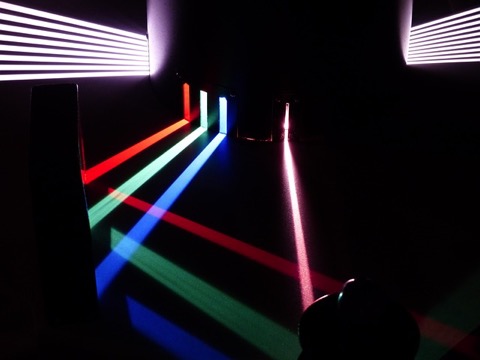
"All that's to come
and everything under
the sun is in tune
but the sun
is eclipsed by the moon."
Roger Waters
from "Eclipse" on the 1973 LP release "Dark Side of the Moon"
For generations, humans have been trying to link sound and light together. We have succeeded.

"Again and again, the cicada's untiring cry pierced the sultry summer air like a needle at work on thick cotton cloth."
Yukio Mishima
Recording location audio outside can be challenging at best. The video team wants an exterior shot because architecture or a landscape in the background can add to the image. But alas, there are often unwanted sounds like cars, HVAC blowers, and other manmade annoyances that we must work around. There's one sound though that is nearly impossible to eliminate, fix, mask, hide, or yell-at-to-be-quiet. It is guaranteed to ruin almost any exterior recording in the summer: the mating song of the cicada.
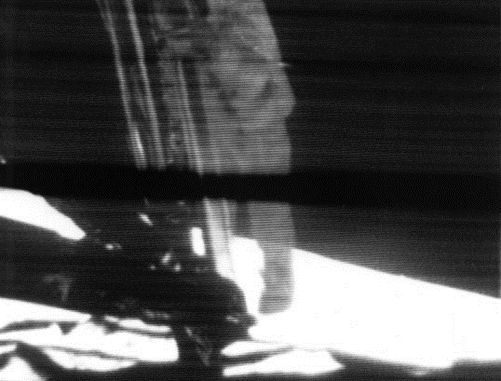
"It's an interesting place to be. I recommend it."
Astronaut Neil Armstrong commenting about the moon
Every time I hear the timeless phrase Neil Armstrong uttered while stepping on the moon, I can't help but remember the first time I heard it. It was 50 years ago at about 11:00 PM on July 20, 1969. I was eight-years-old and had fallen asleep waiting for them to get out of their strange looking space craft. So, rubbing my sleep filled eyes, I watched a white Gumby-like figure bounce down a ladder and onto the surface of another world. Then Armstrong delivered what is probably the shortest, yet most famous speech in all of human history, "That's one small step for man...." We strained not only to see him, but to hear him. "One giant leap for," he continued, "m_-_//_ _nd." What? There was static at the end covering the last word. What did he say?

"Radio is a hungry monster that eats very fast."
Tyler Joseph
Everything today seems to be sped up. We speed to work, we speed to pick up the kids, we speed home, we speed around the kitchen, we speed watch TV, we speed listen to podcasts, we speed, speed, speed...then we speed sleep so we can get up and do it all over again. And as if on cue, much of what we watch and listen to is also sped up.
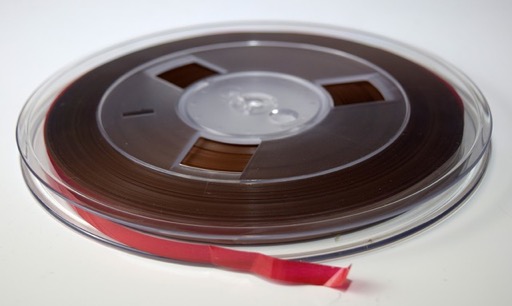
"It was easier just to say it out on a tape than trying to write it because it will take a lot of writing paper in order to get it straight."
Private First Class Frank A. Kowalczyk
Long Binh Post, Vietnam, 1969
Back when it was expensive, or impossible, to call someone long distance, friends and family members would send messages on records and tapes to each other through the mail. Not only was it more affordable, it was a more personal way to stay in touch with each other and have some fun doing it. When I digitize some of these audio letters for customers, and feel like I'm transported back in time that a way that a letter can't take me.
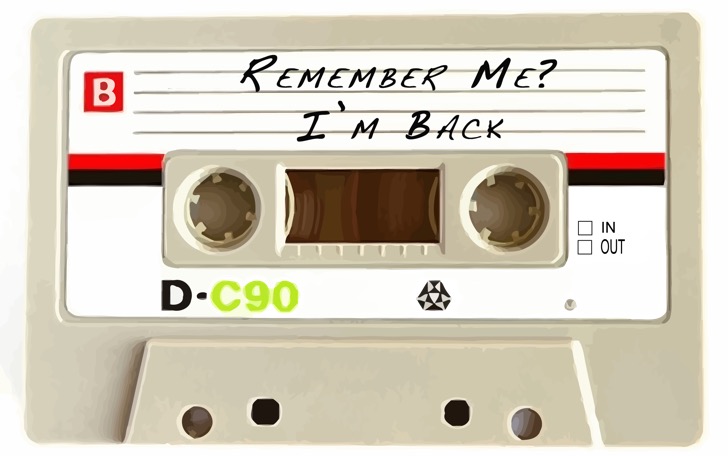
"Nostalgia is not what it used to be."
Simone Signoret
Record stores all over America will be opening their doors on April 13th for National Record Store Day. But cassettes are sneaking in through the back. These portable petite plastic packs from the past now have their own Cassette Store Day each year in October, and they're winning over some fans that also shop for vinyl. In fact, annual sales of music cassettes were up 23% in 2018, and 70% since 2016. Artists and studios are rethinking this ancient format and not only re-releasing albums popular during cassette's halcyon days, but new music as well. What's with the retro rewind?
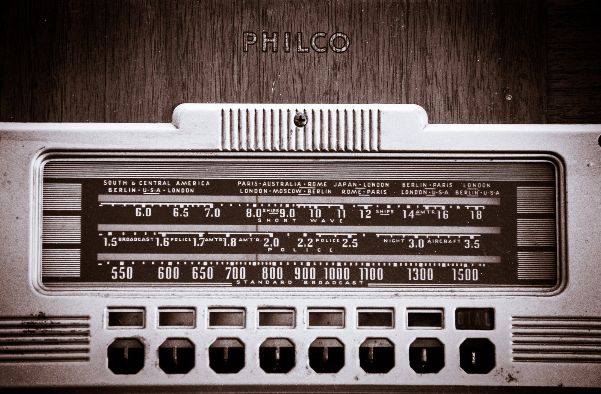
"TV gives everyone an image, but radio gives birth to a million images in a million brains."
Peggy Nooman
The recent presidential elections in Nigeria and Senegal stirred fond memories of my childhood. Specifically the "sounds" of Africa I remember growing up with. I haven't had the good fortune to go to Africa, but I've listened to it from afar. In the 1960s and 70s, radio was perhaps at its peak. AM radio stations played the hits, FM radio played the albums, and CB radios were in kitchens and cars. A lot of homes also had a shortwave radio. Today it's the internet that ties us all together. Back then, CBs connected us with our friends, AM and FM connected us with the country, and shortwave connected us with the world.
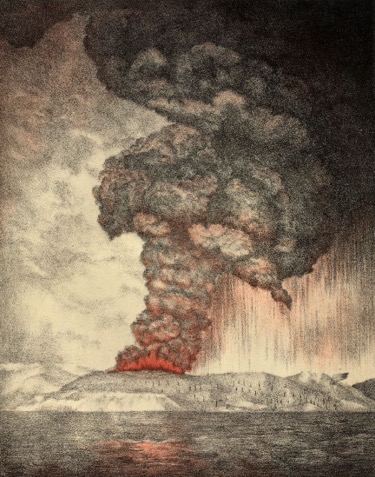
My favorite saying is, 'If it's too loud, turn it up.'
Tori Amos
You often hear the phrase "The shot heard 'round the world," referring to the first shot fired of the American Revolution in Lexington, Massachusetts. Or for us baseball fans, Bobby Thompson's dramatic game-winning home run when the New York Giants beat the Brooklyn Dodgers for a trip to the 1951 World Series. Both of these pale in comparison to the 1883 explosion of the Krakatoa volcano. Dubbed as the loudest sound in history, it was also the farthest traveled.
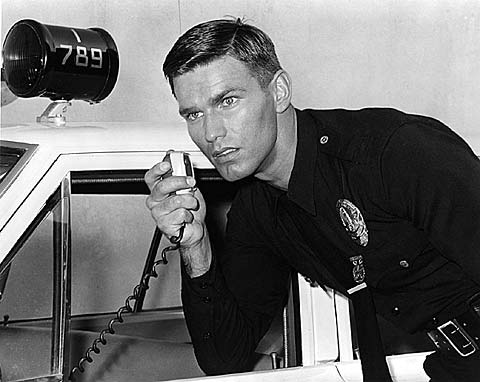
10:40 p.m. “I got about 2,000 college students coming from Walnut Street to 30th to Center City.”
10:46 p.m. “It’s endless, chief. Endless.”
11:11 p.m. “They’re on top of trash trucks. There is to be no one on top of trash trucks, guys.”
11:14 p.m. “We have multiple people on Broad Street swinging on light poles.”
11:20 p.m. “Climbing the trash trucks at 13th and Market.”
11:25 p.m. “I need to get the fire extinguisher out of my trunk. I got a fire on Broad Street just south of South. Someone lit a Christmas tree on fire.”
Philadelphia Police radio transcripts after the Eagles won the 2018 Super Bowl
Do you remember the old movies from the 1930s when a radio in a police car would blare out "Calling all cars! Calling all cars!" The diligent policemen would zoom away in their car with the siren screaming. The dispatcher had no idea if the radio cars heard the frantic call because two-way radios were uncommon and expensive. So from the late 1920s until after World War II, most police departments relied on their cruisers having radio receivers only. Today, police use digital radio systems that carry data, video, and other information.